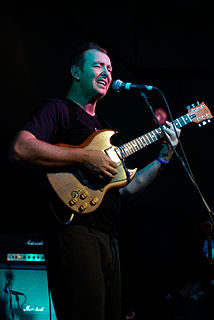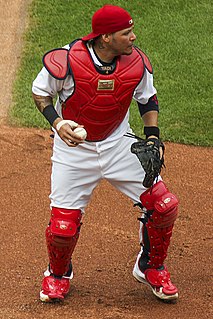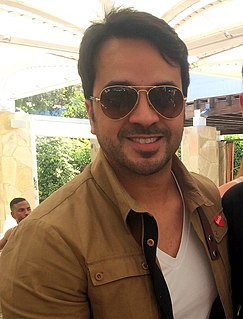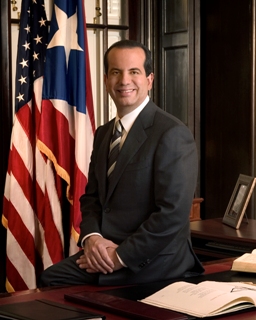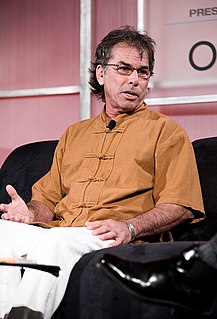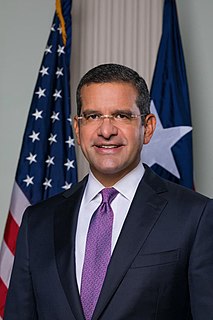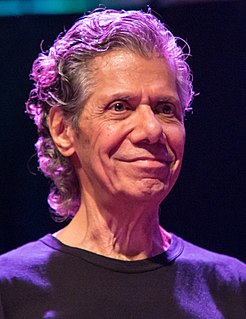A Quote by Miguel Zenon
In Puerto Rico, I played in all kinds of bands that played salsa and merengue. That's how I saved the money to come to the U.S. We used to play El Gran Combo tunes. Half the band was my friends - we were around 15 - and the other half was my friend's father and his friends from the hospital where he worked. They were all, like, 50.
Related Quotes
The scaffolders and builders from demolition companies nearby used to play each other for 20 quid a man - the tackles were mad. I played for the local estate against them one day and we won, there was a full-scale riot. 'He's a ringer' they were saying. Half of them were drunk so I could get the ball and just run and around them - I was only 12!
I had invited 50 or 60 peers and friends, most of whom were parents, to see the film [Trust], and I asked about the last scene. It was interesting because it was split right down the middle, 50/50. About half the audience wanted it to end with the very emotional scene between Clive and Liana, and that feeling of realization and catharsis. And, the other half were adamant about keeping that last scene.
Puerto Ricans are U.S. citizens, but by their own choice, Puerto Rico is not a state. The relationship has worked well for Puerto Rico - which has strengthened its culture, language and economy - and for the United States, which has helped create in Puerto Rico a showcase of democracy and prosperity for all of Latin America.
Now, the term 'friend' is a little loose. People mock the 'friending' on social media, and say, 'Gosh, no one could have 300 friends!' Well, there are all kinds of friends. Those kinds of 'friends,' and work friends, and childhood friends, and dear friends, and neighborhood friends, and we-walk-our-dogs-at-the-same-time friends, etc.
My dad was all about music. He was a musician, leading a band when I was born. His band was active all through the 40s. He'd started it in the late 20s and 30s. According to the scrapbook, his band was doing quite well around the Boston area. During the Depression they were on radio. It was a jazz-oriented band. He was a trumpet player, and he wrote and arranged for the band. He taught me how to play the piano and read music, and taught me what he knew of standard tunes and so forth. It was a fantastic way to come up in music.





